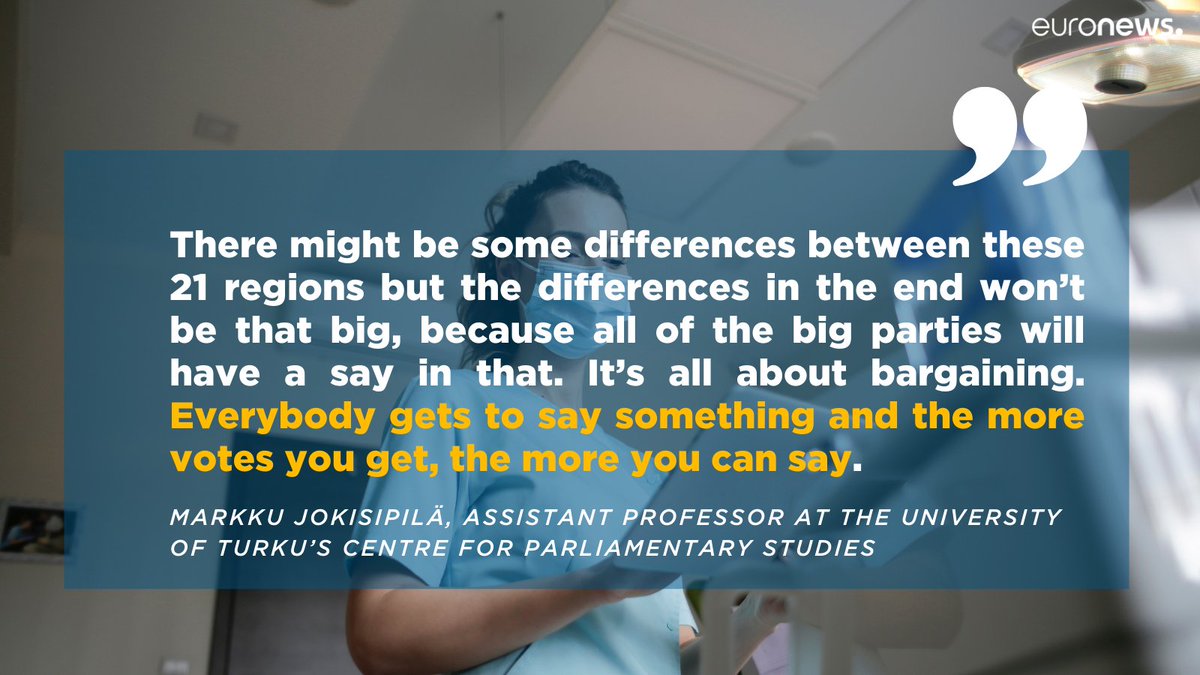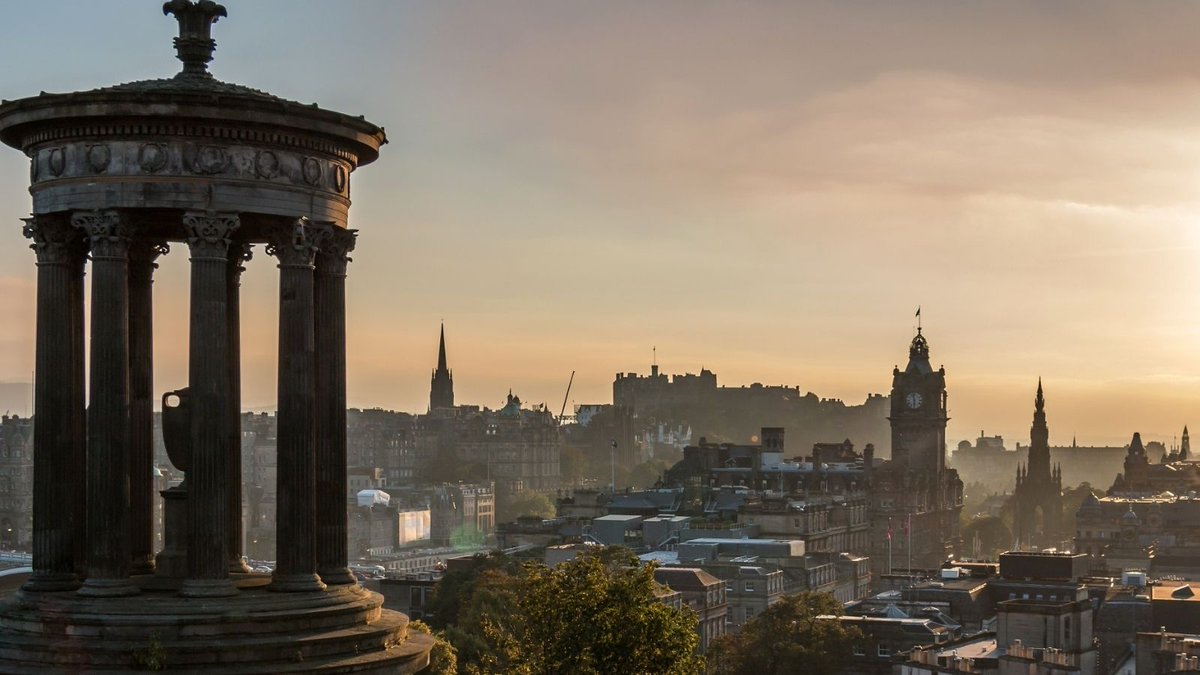
🗳 Voters in Finland will later this month cast their ballots in the country's first regional elections that will revolutionise the way the Nordic nation provides health and social care. 

🏥 It's the result of the biggest reform to the country’s public health system for decades and transfers responsibility for healthcare and emergency services from 294 individual municipalities to a streamlined 21 new regional authorities whose boards are directly elected. 

🇫🇮 Voting takes place in all parts of Finland except the capital Helsinki, and the semi-autonomous Åland Islands. 

💶 Finland currently spends around €22 billion each year on healthcare, roughly 7% of GDP, which is right on the EU average, according to the latest Eurostat figures. 

🧓 But the biggest problems facing Finnish healthcare concern shifting demographics.
👵 Finland has one of the oldest populations in Europe, with the share of over-65s projected to increase from the current 22% to 26% by 2030, and then to 29% per cent by 2060.
👵 Finland has one of the oldest populations in Europe, with the share of over-65s projected to increase from the current 22% to 26% by 2030, and then to 29% per cent by 2060.

🇫🇮 This sets up a problem where rural areas become disadvantaged in terms of healthcare provision, as municipalities become too sparsely populated or too tax-poor to properly care for elderly local residents.
The new regional system aims to redress that balance.
The new regional system aims to redress that balance.

🗳 While the provision of social services and healthcare, and emergency rescue services, impacts everyone living in Finland, the upcoming elections have not exactly sparked a lot of enthusiasm. 

📊 A recent poll suggests turnout could be lower than 40% with the centre-right National Coalition Party on track to win the biggest percentage of votes; followed by Prime Minister Sanna Marin’s Social Democrats and the right-wing Finns Party. 

🇫🇮 In theory, different regions dominated by different parties could implement distinct healthcare policies, as right-wing parties could open the door to private providers while left parties pay for everything with public funds.
This is unlikely to happen in practice, however.
This is unlikely to happen in practice, however.

🗣 As Finland’s population ages, and more immigration is needed to fill jobs, the issue of how to provide health and social care for people who don’t speak Finnish as their first language also looms large. 

🇸🇪 This is tied in with language rights in Finland, where a Swedish-speaking minority of around 5% are constitutionally guaranteed to receive services in their mother tongue - which might not always be practical or affordable in different parts of the country. 

🇫🇮 In Lapland too, Finland’s indigenous Sámi population are also guaranteed services in their own language, a genuine challenge in a vast wilderness area. 

💻 Karin Cederlöf thinks technology could be a good solution for all of these issues - and that foreigners should also be able to access medical help in their own language. 

• • •
Missing some Tweet in this thread? You can try to
force a refresh













